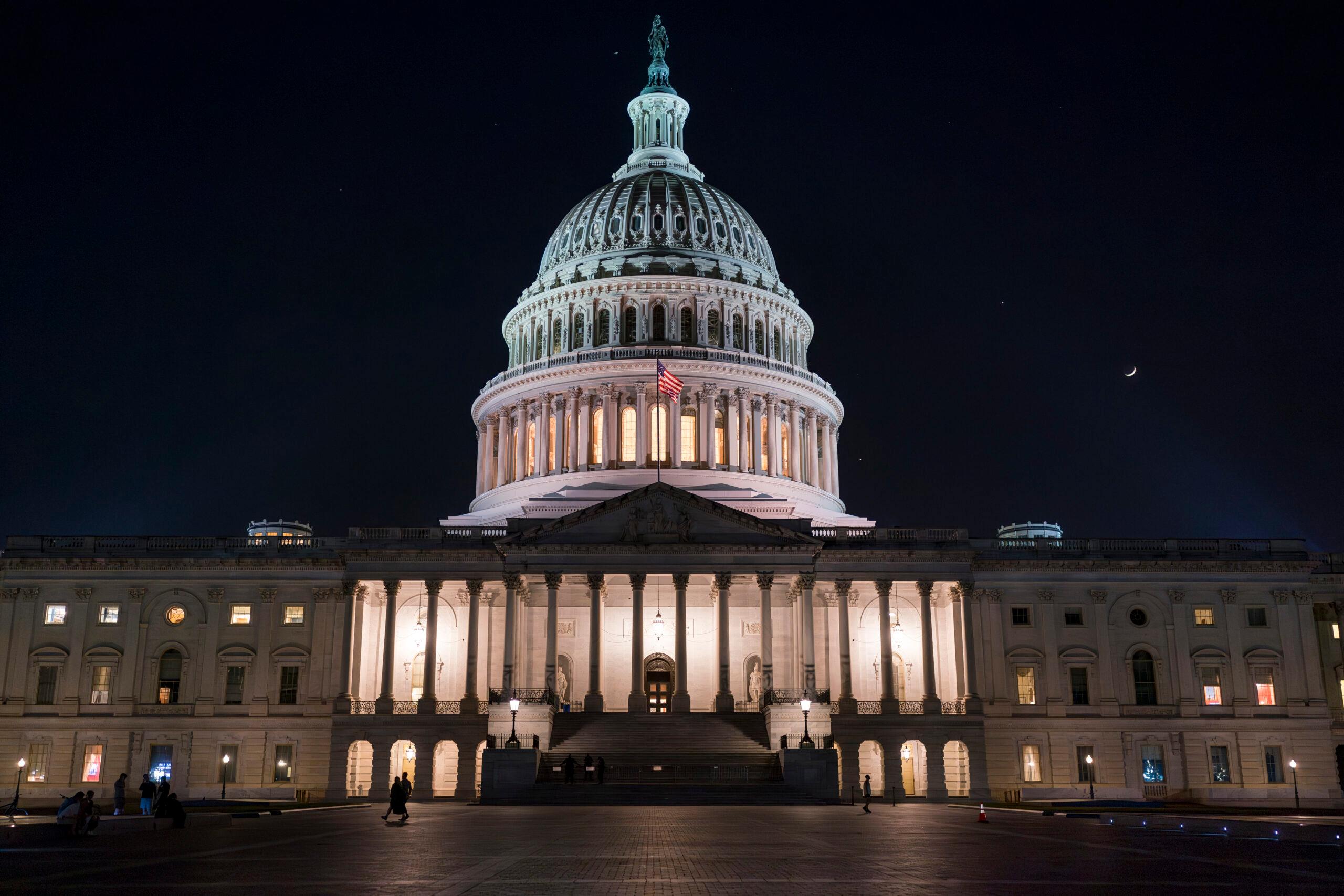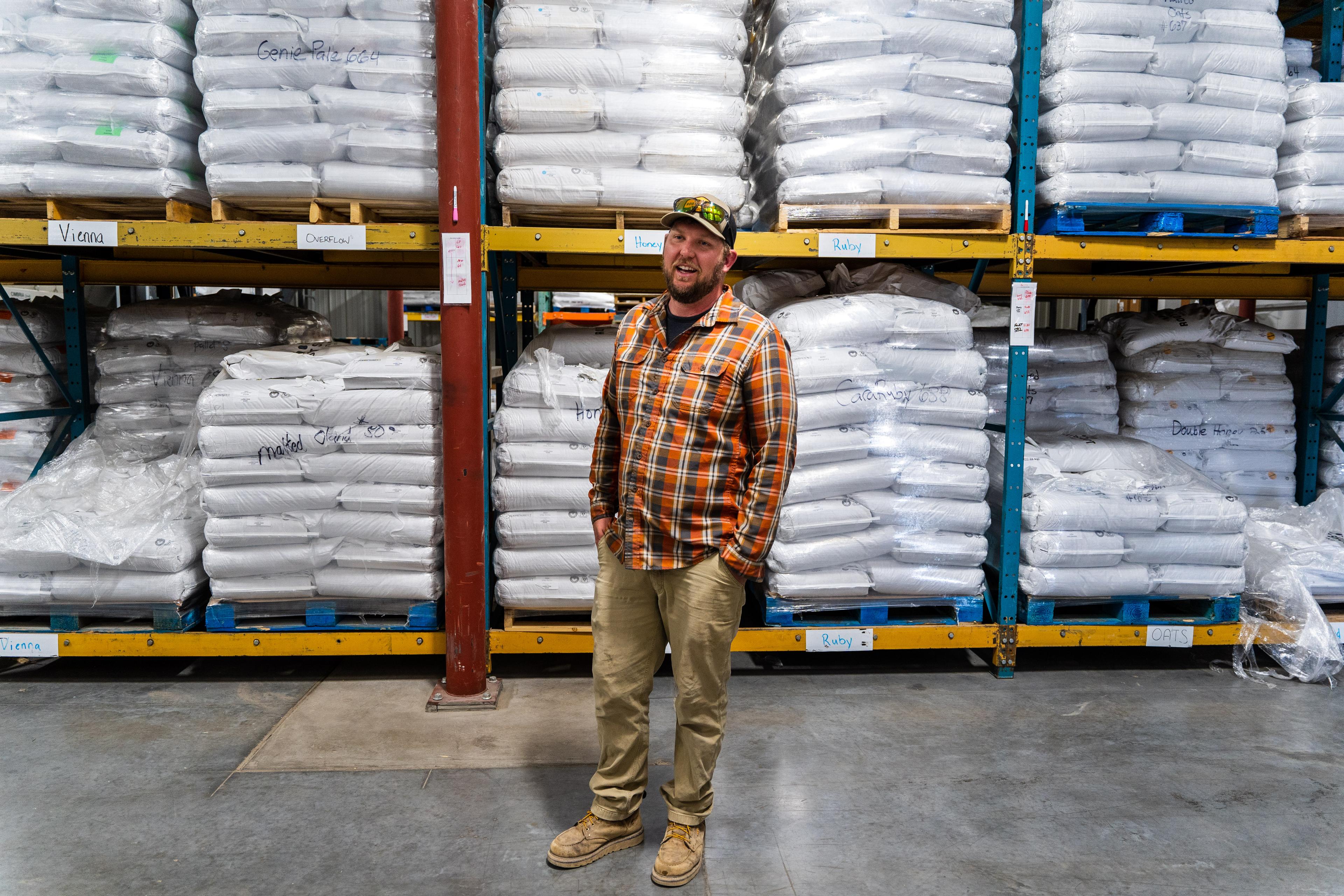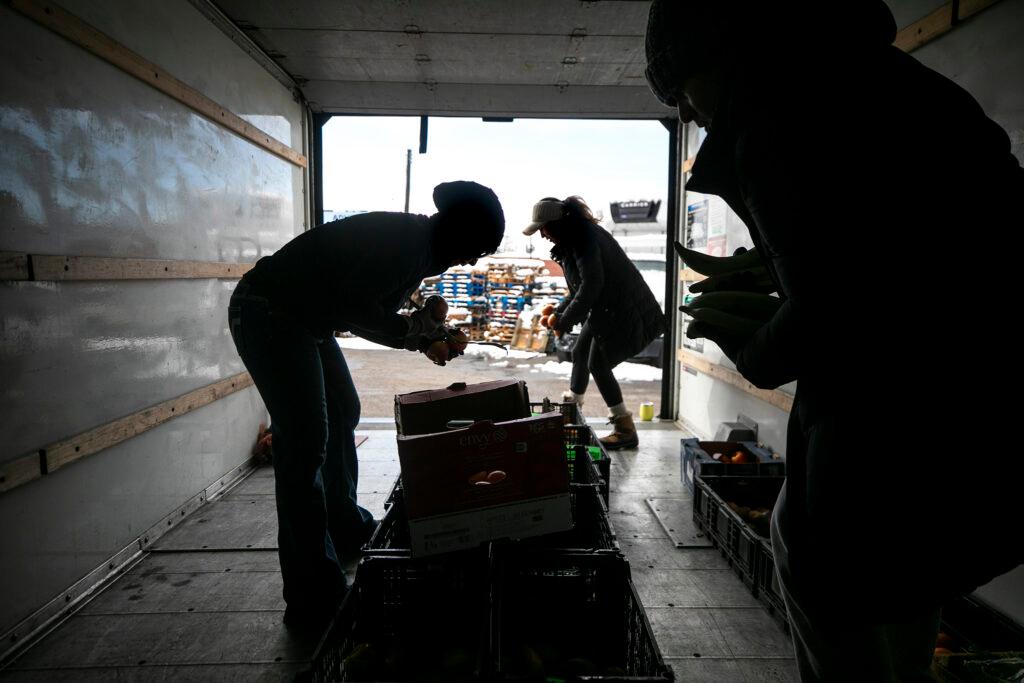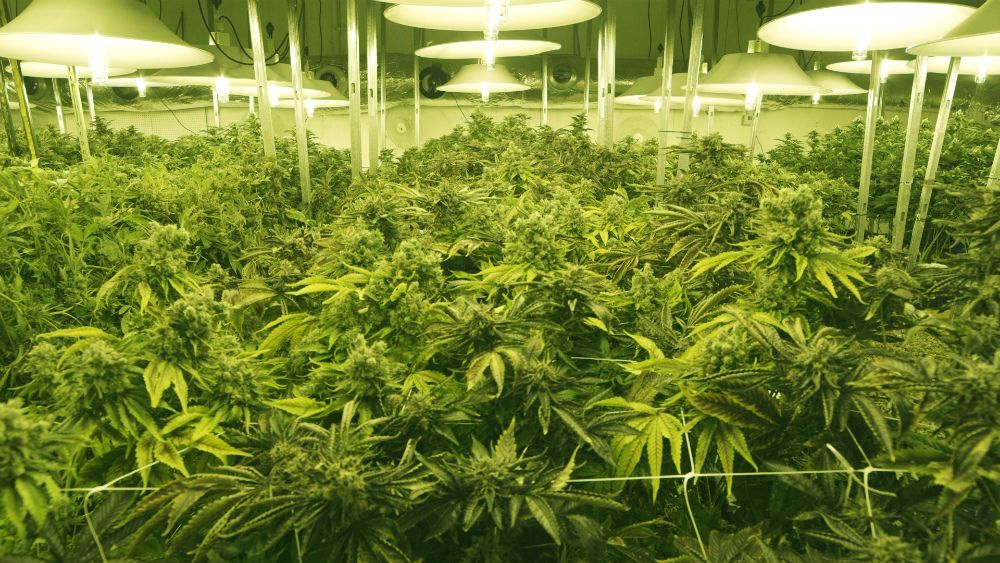
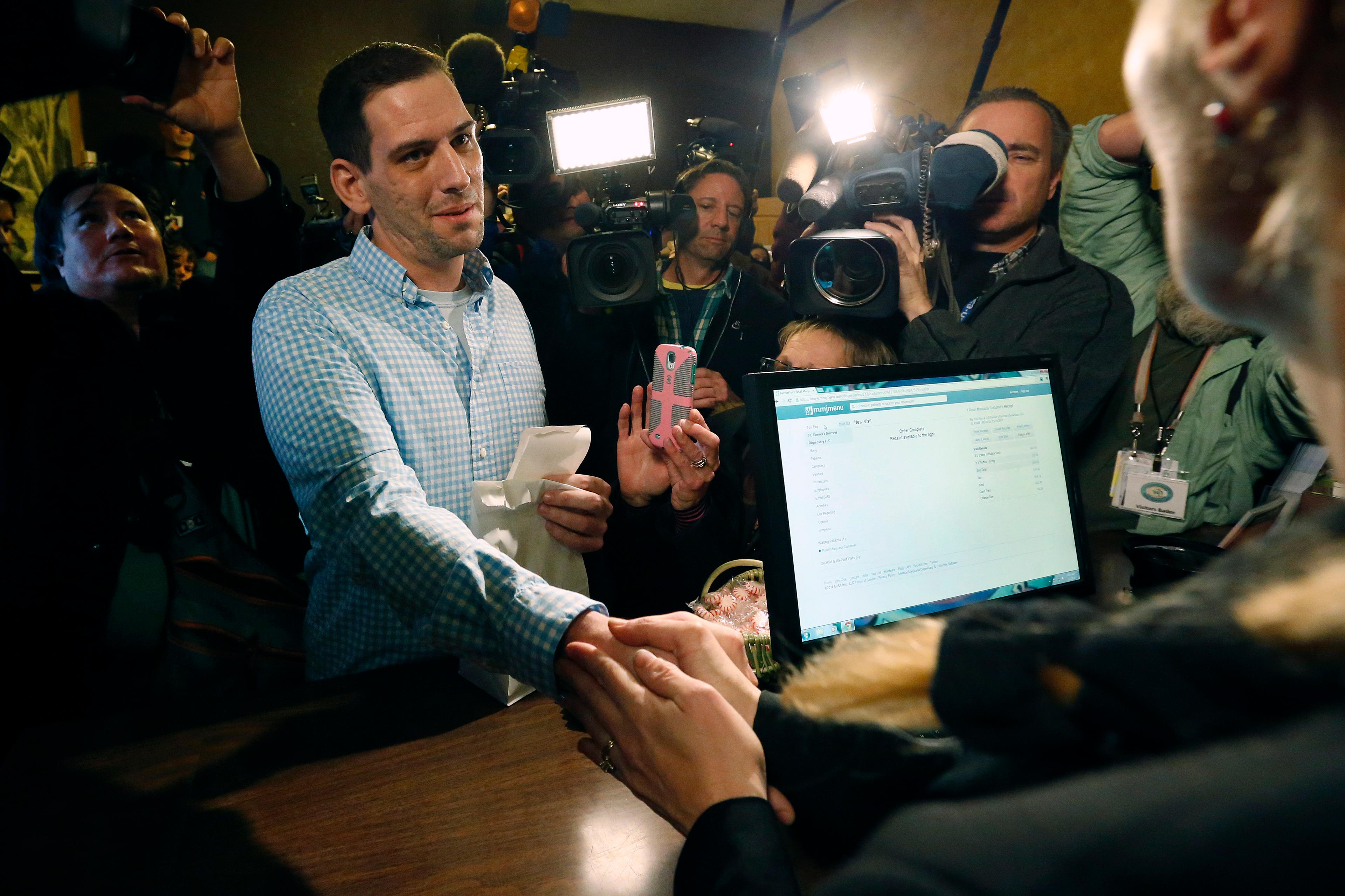
To see the tax implications of legalizing marijuana in Colorado, there's no better place to start than an empty plot of land on a busy thoroughfare near downtown Denver.
It is the future home of a 60,000-square-foot public recreational center that's been in the works for years.
Construction costs started going up, leaving city officials wondering whether they'd have to scale back the project. Instead, they hit on a solution — tap $3.2 million from pot taxes to keep the pool at 10 lanes, big enough to host swim meets.
The Denver rec center underscores how marijuana taxation has played throughout Colorado and Washington. The drug is bringing in tax money, but in the mix of multibillion budgets, the drug is a small boost, not a tsunami of cash.
Statewide, the number of patients on the medical marijuana registry went up, not down, since 2012, meaning more marijuana users avoid paying the higher taxes that recreational pot carries.
Officials in both states say they must do more to drive customers into the recreational stores. They're looking at fixing the big tax differential between medical and recreational weed.

